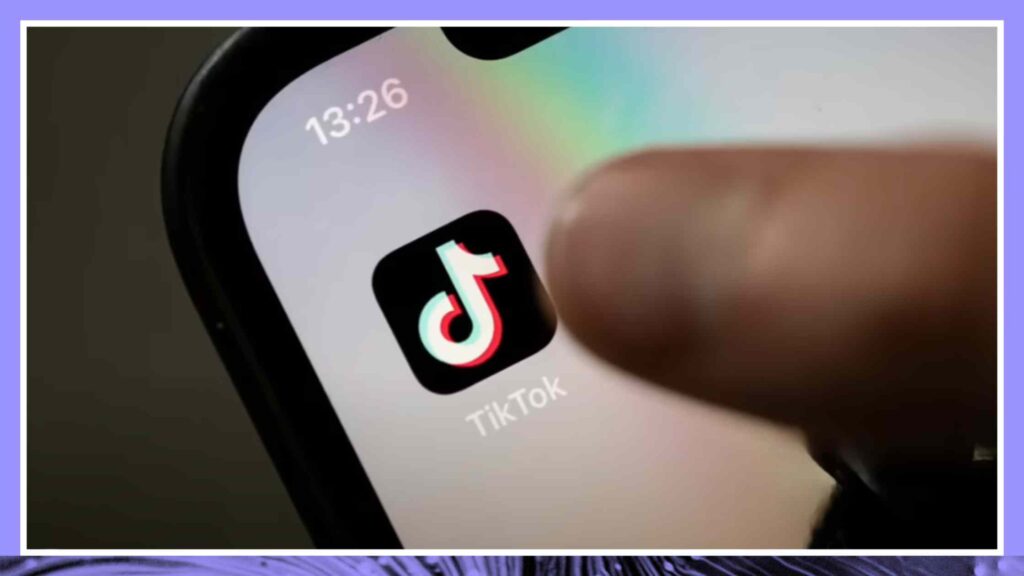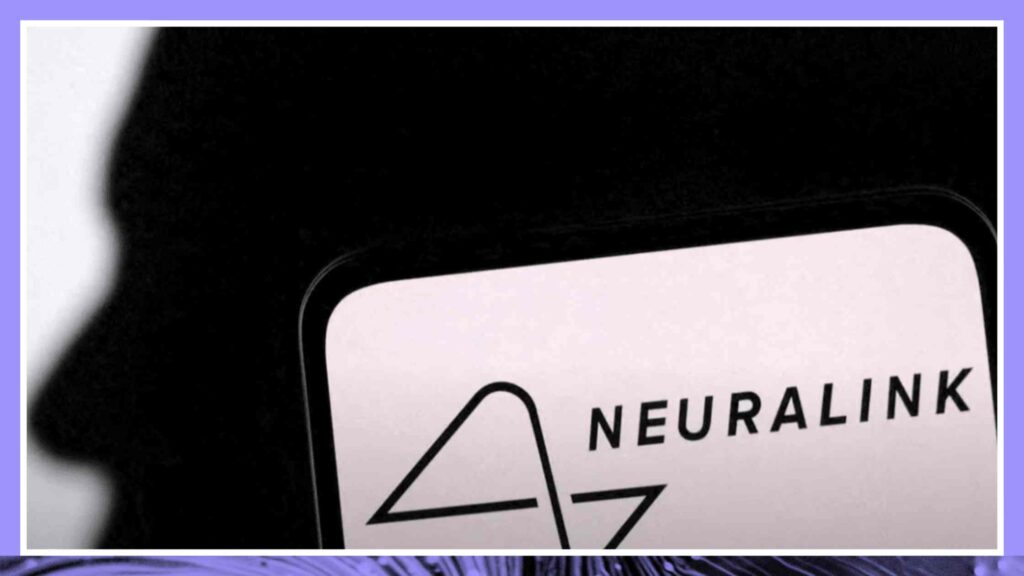Sep 21, 2023
Amazon Rolls Out Generative A.I. Alexa Transcript

Amazon makes a pitch to keep Alexa relevant in the age of generative artificial intelligence, promising a set of features that will make the software more conversational. Read the transcript here.
Transcribe Your Own Content
Try Rev and save time transcribing, captioning, and subtitling.
First off, let’s start with this generative AI integration into Alexa. How are you guys going to roll that out over the coming weeks and months? Because other tech companies have been so conservative about putting generative AI tools into the real world?
David Limp (00:13):
Yeah. By the end of the year, we’re going to offer a free preview to anybody that has an Alexa endpoint out there, an Echo, and we’re going to do that in a way that you can get into the experience a couple different ways. We’re kind of reinventing how we do entertainment on Fire TV. We’re doing some things in the smart home, and then we’re offering a let’s chat experience that is super conversational. We showed it on stage today, and it is remarkable. And I think the big thing we were able to do is actually optimize a large language model and generative AI for the home, which is a very different environment than the tab of your browser.
Speaker 1 (00:50):
The emphasis is conversation and real-world application. I told our audience on social media that you were coming on and we always take audience questions, Dave. One is a pretty straightforward one. Will Amazon use Alexa devices to listen in the home as part of training of the large language model that powers the generative AI tool? Of course, there is history here about data privacy.
David Limp (01:15):
Oh, of course, and one of the things we emphasize today is that privacy is foundational to what we’re doing here. And so, the best way we do here is that we give controls to customers. If you want to delete all your utterances, there’s a single button that will delete the entire history. If you want to delete your smart home history, there’s a single button that allows you to delete that whole history. If you want a more personalized scenario and more personalized types of things so that it recognizes you and personalizes the stuff to your screen, then we do use that information to train the model. But if a customer doesn’t want it to be personalized, they want a more generic version of Alexa, that’s fine too, and we give them that control.
Speaker 3 (01:56):
I need it not to listen to my children, David. Meanwhile, I’m listening to some of the news that have been unveiled and not only about new AI, generative AI within Alexa and some of the new Echo Show 8, but a billion Alexa devices have been purchased. Can you just break down exactly what you mean by those 1 billion? What kind of devices? Where, how, when?
David Limp (02:18):
Yeah. We are talking about the number of devices connected to Alexa, and that’s approaching a billion. It’s getting very, very close. A bunch of those are Echoes. There are a bunch of third party devices as well that have Echo and Alexa inside of it, things like BMW vehicles and Sonos smart speakers. And then, there’s over 400 million smart home devices that have been connected too. And so, we’re really seeing a continued momentum and we’re kind of lapping the pandemic, but we’re still seeing this growth in engagement and growth in how people are using Alexa.
Speaker 3 (02:54):
I mean, when you first launched the first device, the Kindle, just the amount of change that has gone on since then, and indeed the way that we want to stay informed, we have become aware of the way our data is used. And some of the regulatory environment, David, when you are launching new products that integrate very cutting edge technology, how are you thinking about the way in which regulation is going to be changing into that unveiling?
David Limp (03:17):
Yeah. Obviously, we have to take into account laws. We’re never going to build products and services that are going to break the laws, but when it comes to AI, the most important thing is we build an AI that’s responsible, that’s safe, and that is trusted by customers. And so, I think that’s even more true when you’re going to put this AI into your home in the form of Alexa versus if you were putting it on your personal computer or elsewhere. And so, we’re doing a lot to build guardrails around our AI to make sure that it is as responsible as we know how to make it and because we’re interconnecting it to your home, we’re also doing a lot to try to reduce this idea of hallucination. The last thing you want is for you or your kids to say, “Turn on the living room light,” and all of a sudden it turns on the garage door light. That assistant is not going to be used after a little bit longer, so we’re spending a lot of time there as well.
Speaker 1 (04:14):
Dave, I’ve lived in the United States for almost six years now. I’ve enjoyed these interviews with you talking about hardware and its role in the Alexa ecosystem. Bloomberg’s reported that Panos Panay left Microsoft where he led hardware and is joining Amazon. Are you able to confirm that’s who’s replacing you in any of your retirement plans by the end of the year?
David Limp (04:37):
We don’t have anything to share on that besides it is true that by the end of the year, I’ll be retiring from Amazon, that I can confirm.
Speaker 1 (04:45):
Okay. Well, and you won’t stay in technology, there’s no Dave Limp startup on the horizon?
David Limp (04:50):
I think the thing that, I wrote it to the team, and so I can certainly tell you, I’ve been doing some version of this job for 30 years. I came straight out of undergraduate college. I went to Apple. I had such a good time there. I then, went to Palm and other places, and so I think I do have another chapter in my life. It’s just not going to be consumer electronics. But beyond that, I just ask you to stay tuned.
Transcribe Your Own Content
Try Rev and save time transcribing, captioning, and subtitling.






